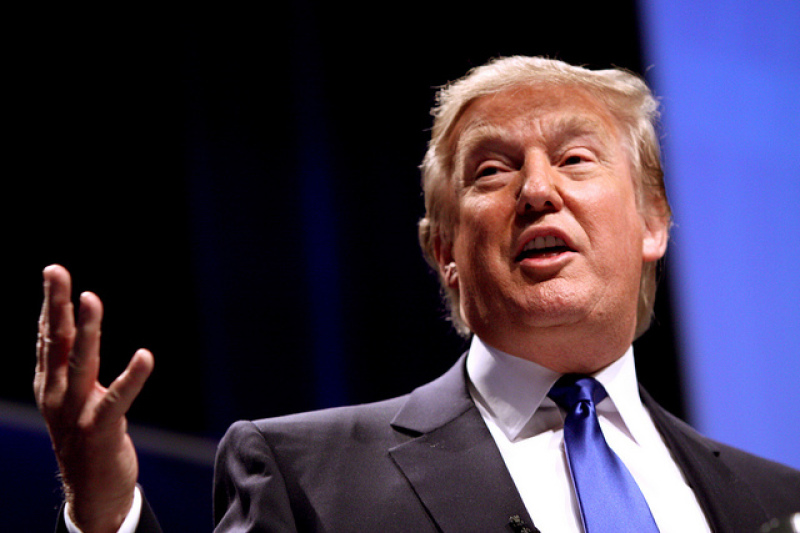
A new Pew Research Center study said that those Christian Republicans who were opposed to Donald Trump in the primary season are now supporting him in the general election.
The telephonic survey conducted in June showed that 78 percent of white evangelicals and a majority of evangelicals want to vote for Trump this year.
In an April survey, Trump received 34 percent of votes from practicing Christians, which included 15 percent of the firm supporters who backed him in all three polls by Pew in December 2015, March 2016, and April 2016.
Around 57 percent of the churchgoing Republicans had not supported Trump in any of the three surveys. In April, 66 percent of them were "skeptical" of him. However, 50 percent of the Christians who attended church less than once a week supported him then.
Evangelicals were the most skeptical of Trump in the primaries, irrespective of their consistency in attending church services. About 50 percent of the white evangelical Republicans, GOP voters, and white Protestants did not support him in the primaries.
Republican Catholics were more likely than Protestants and evangelicals to support him in the previous three polls. Over 60 percent of the Republican Catholics and religious "nones" had expressed support for Trump at least once between December 2015 and April 2016.
But as the general election closes in, more practicing Christians and Catholics have come into the Trump camp.
In the June survey, as many as 94 percent Republicans who attend church weekly said that if elections were held "today," they would vote for Trump. Among them, 40 percent said they supported him "strongly."
Among those Christians who attend church less frequently, 84 percent said they supported Trump, and 41 percent of them were "strongly" behind him.
About 88 percent of the white mainline Protestants and 81 percent of the Republican Catholics supported him.
About 2,240 American adults including 1,655 registered voters were interviewed for the survey over cellphone and landline telephones between 15 and 26 June.



















